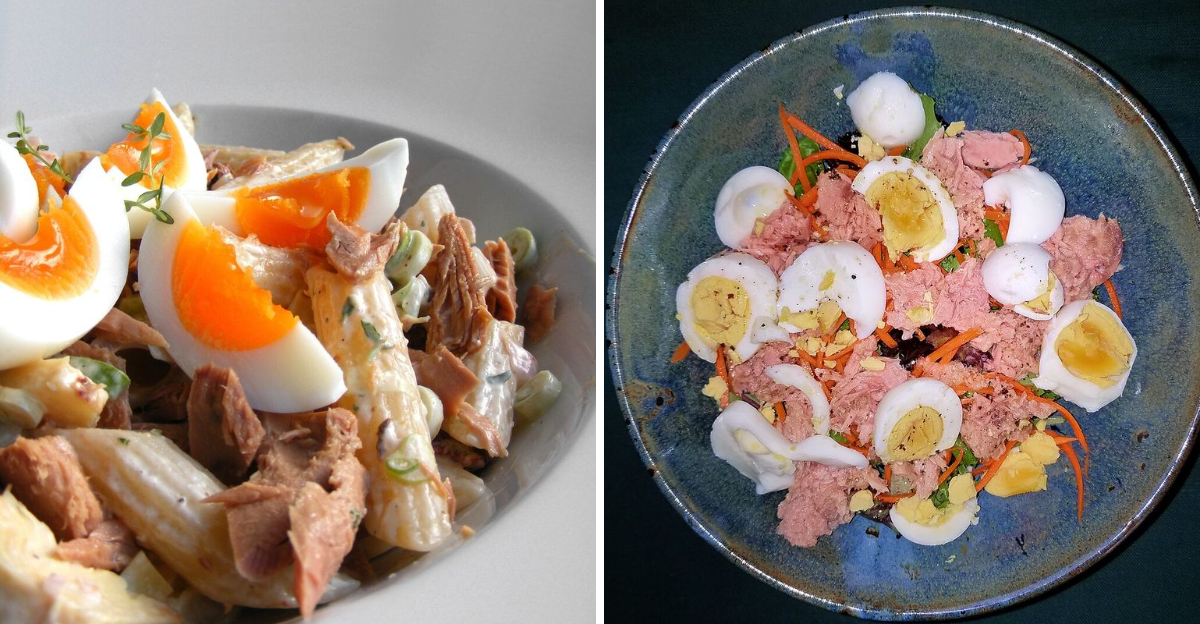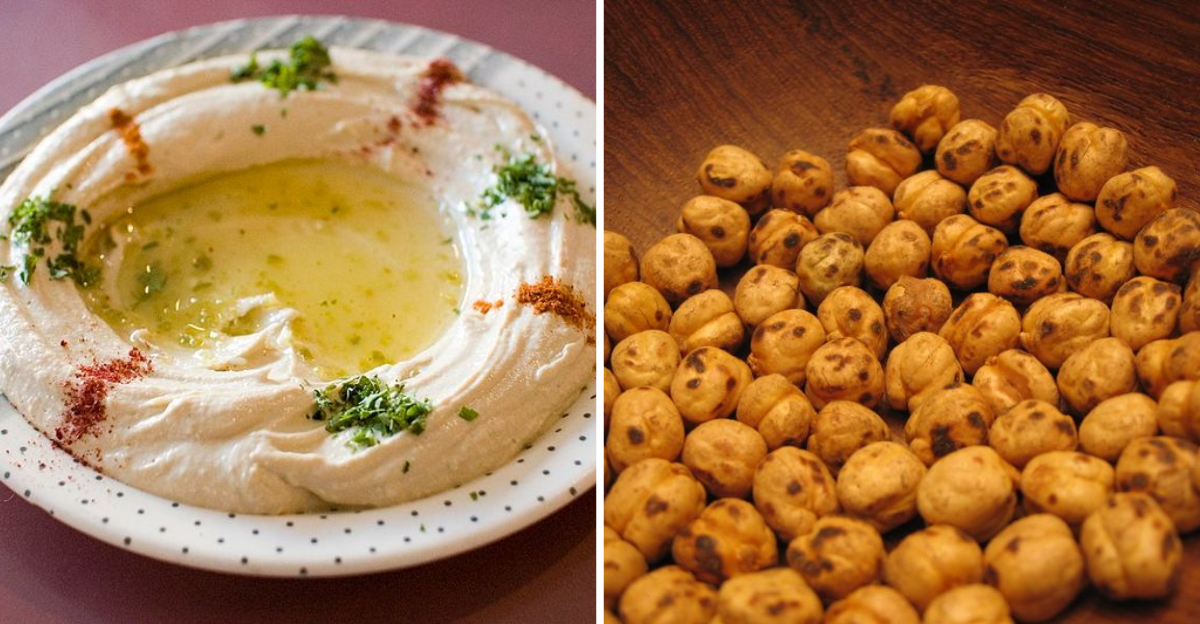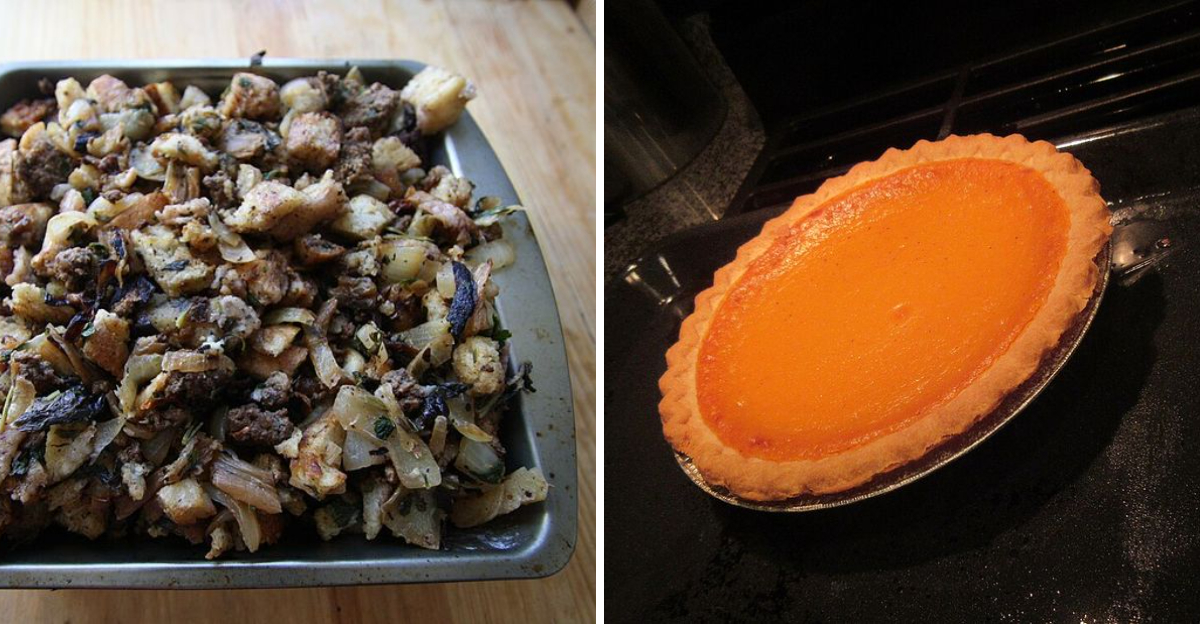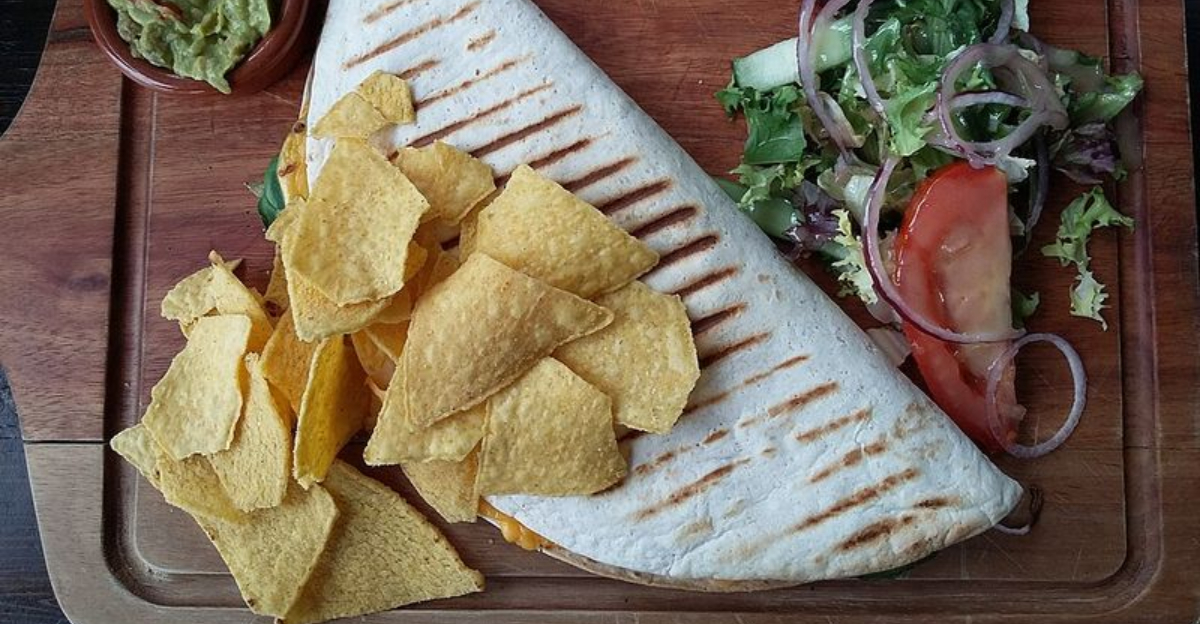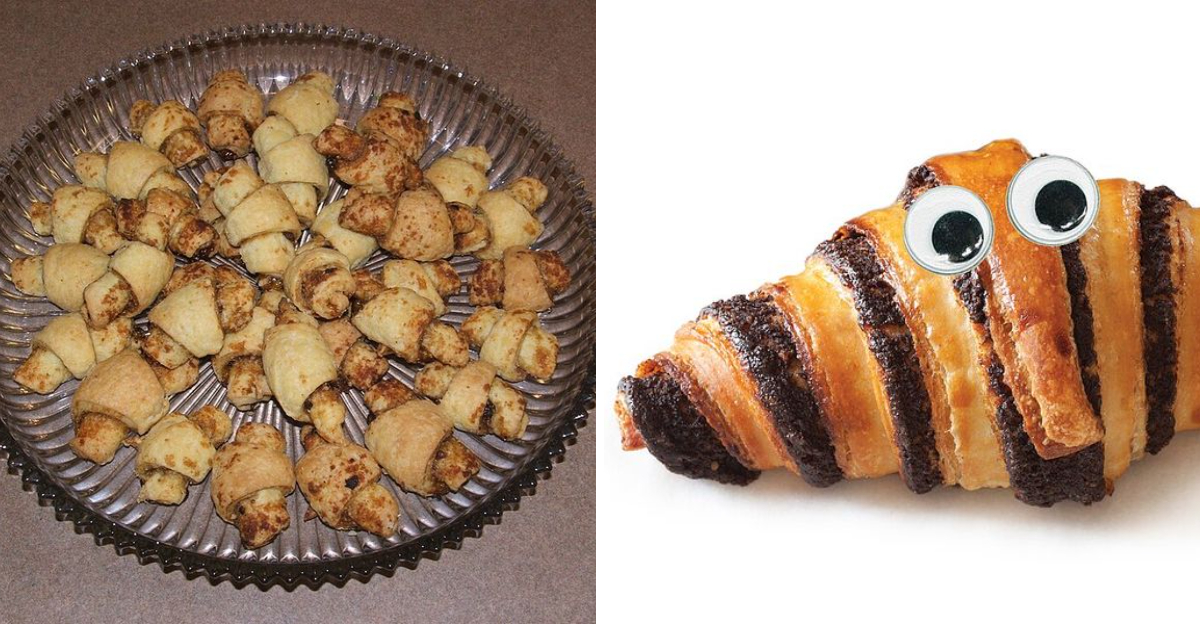8 Foods Once Reserved for Royalty That Anyone Can Enjoy Today
Imagine sitting at a grand banquet table centuries ago, where only kings and queens could taste certain delicacies.
Many foods we now grab at grocery stores were once so rare and expensive that only royalty could afford them.
Today, thanks to modern farming and cooking techniques, anyone can enjoy what were once the most exclusive dishes in history.
Ready to discover which royal treats are now within your reach?
1. Beef Wellington
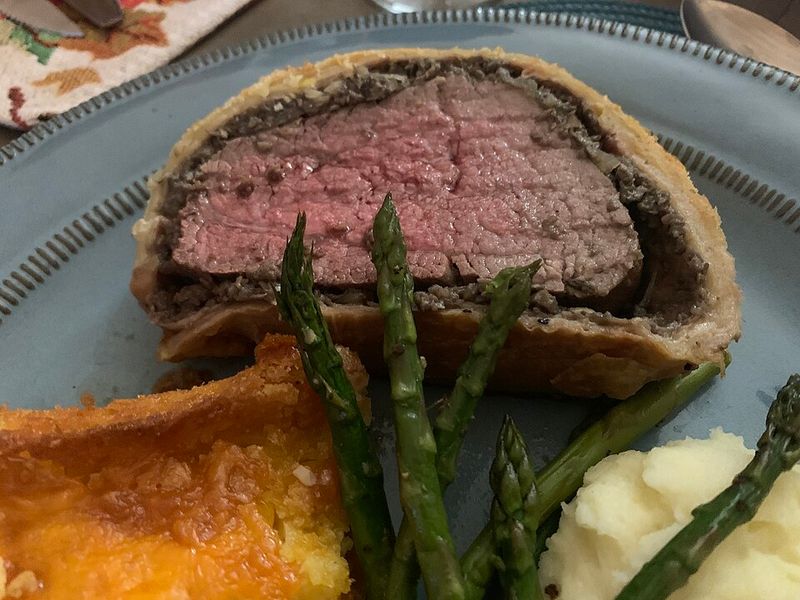
Golden pastry wraps around tender beef in one of history’s most elegant meals. Named after the Duke of Wellington, who defeated Napoleon, this dish became a symbol of British aristocracy and fine dining.
Making it requires skill and patience, but home cooks everywhere now recreate it successfully. You’ll find the flaky crust hiding savory mushrooms and perfectly cooked meat inside, creating an unforgettable combination that once graced only royal tables.
2. Caviar
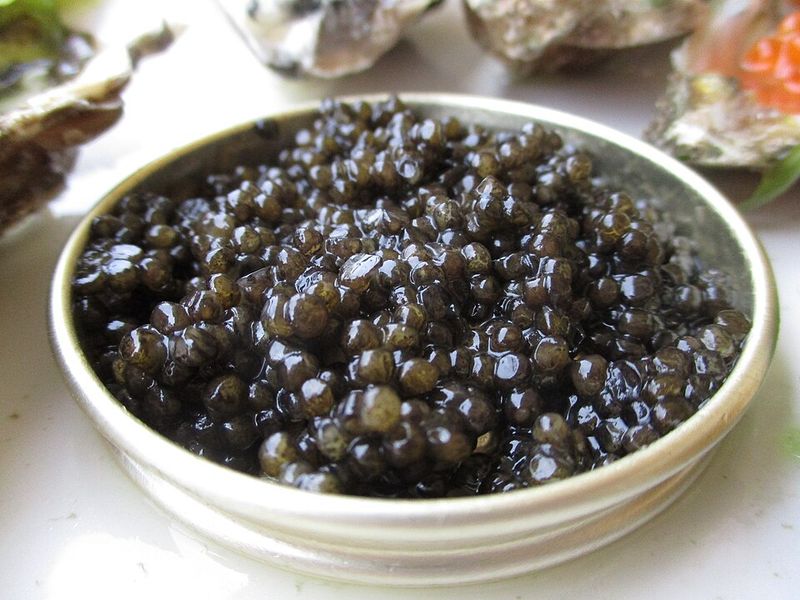
Glistening like tiny jewels, fish eggs became the ultimate status symbol among European nobility. Sturgeon roe was so precious that Russian tsars controlled its trade and reserved the finest batches exclusively.
While still pricey, caviar appears on restaurant menus worldwide now. A small spoonful delivers a burst of briny ocean flavor that food lovers celebrate, no throne required to experience what emperors once hoarded jealously.
3. Truffle Risotto
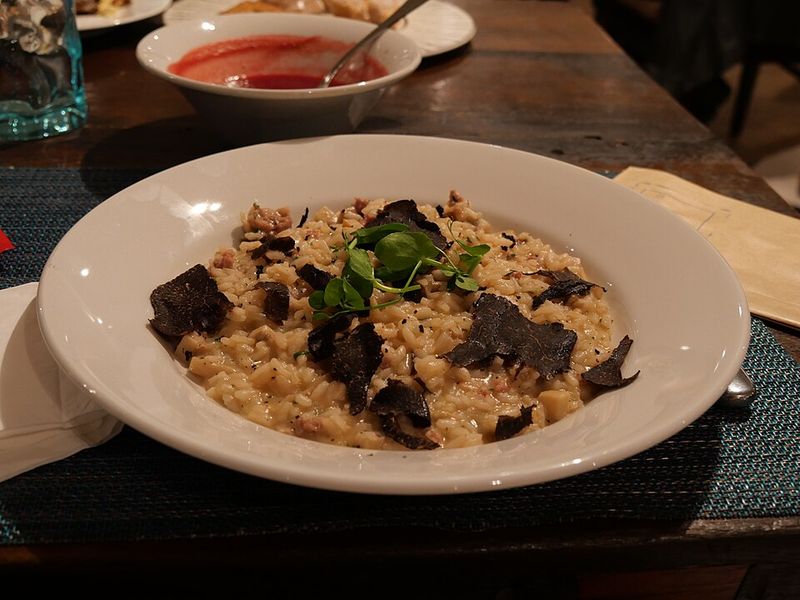
Earthy mushrooms hiding underground were worth more than gold to Italian royalty. Trained pigs and dogs sniffed out truffles in forests, making them incredibly rare and expensive centuries ago.
Restaurants now serve creamy rice dishes infused with truffle oil or shavings at reasonable prices. Each bite carries that distinctive aroma that once perfumed only palace kitchens, bringing aristocratic luxury straight to your dinner plate tonight.
4. Lobster Thermidor

Believe it or not, lobster was once considered peasant food until French chefs transformed it. When cooked with brandy, cream, and cheese then returned to its shell, lobster became a dish worthy of Napoleon III’s table.
Coastal restaurants everywhere now offer this decadent preparation. The rich sauce and tender meat create pure indulgence that proves how cooking techniques can elevate simple ingredients into something spectacular.
5. Saffron Rice

Bright yellow threads harvested by hand made saffron the world’s most expensive spice. Persian kings and European monarchs paid fortunes to color and flavor their rice with just a pinch of this precious ingredient.
Grocery stores stock saffron today at manageable prices. A little goes a long way in creating aromatic, golden rice that transforms ordinary meals into something special and historically significant.
6. Crème Brûlée
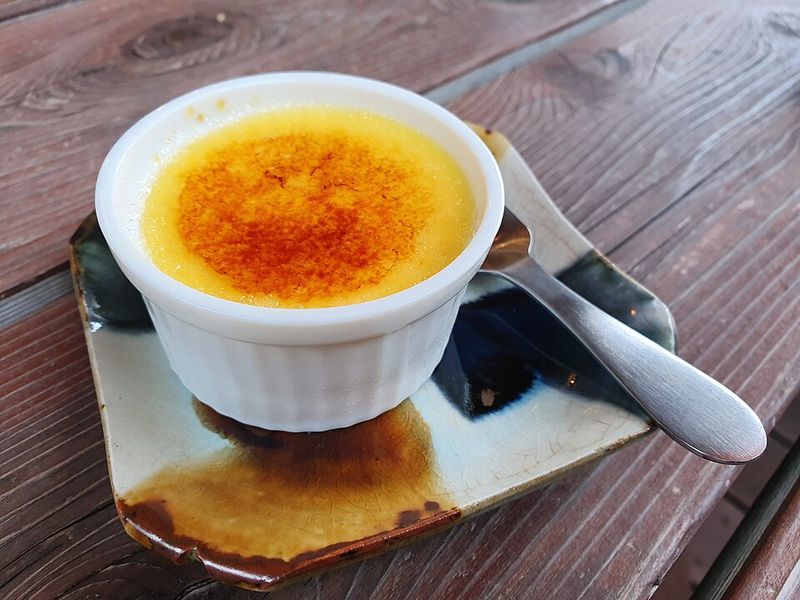
Crack through caramelized sugar to reach silky custard beneath in this French masterpiece. King Louis XIV’s chefs perfected this dessert at Versailles, where only courtiers tasted its contrasting textures.
Restaurants and home kitchens everywhere now create this elegant finale. Using just cream, eggs, sugar, and vanilla, anyone can torch the top to achieve that satisfying crunch that once signaled aristocratic dining at its finest.
7. Coq au Vin
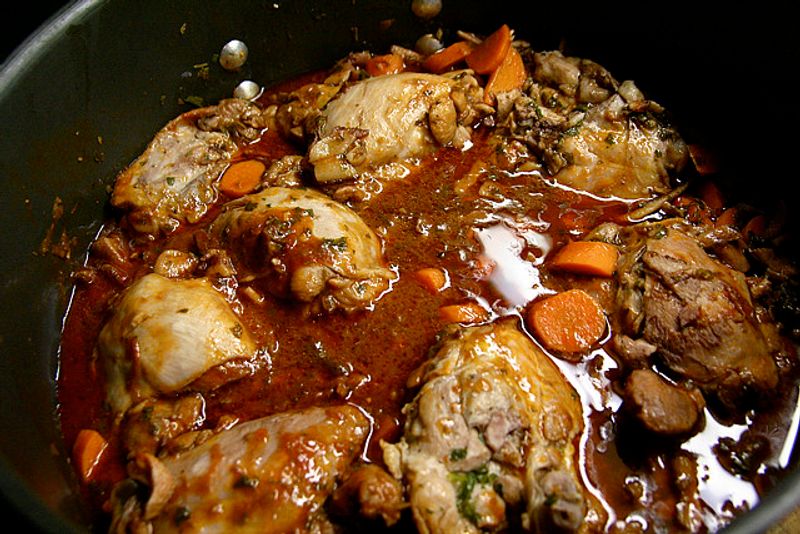
Burgundy wine transforms humble chicken into something magnificent in this classic preparation. What began as peasant cooking became refined enough to grace the tables of French nobility who appreciated its deep, complex flavors.
Home cooks worldwide now simmer chicken in wine with mushrooms and herbs. The result is fall-off-the-bone tender meat bathed in sauce that tastes like hours of love went into every spoonful.
8. Macarons
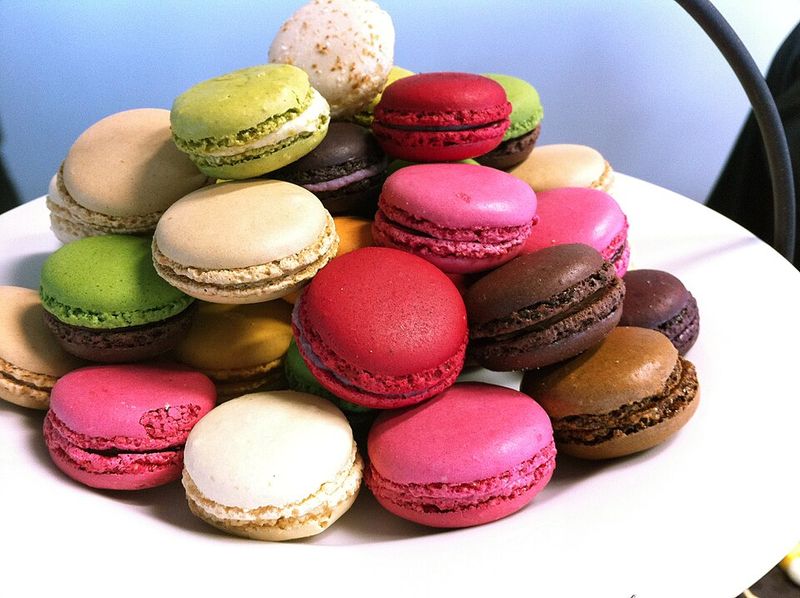
Delicate almond cookies arrived in France with Catherine de Medici and became Versailles favorites. Perfectly smooth shells sandwiching flavored cream required such skill that only royal pastry chefs mastered the technique successfully.
Bakeries everywhere now sell rainbow-colored macarons in countless flavors. While still tricky to make at home, buying a box lets anyone taste what Marie Antoinette enjoyed during afternoon tea at the palace.

